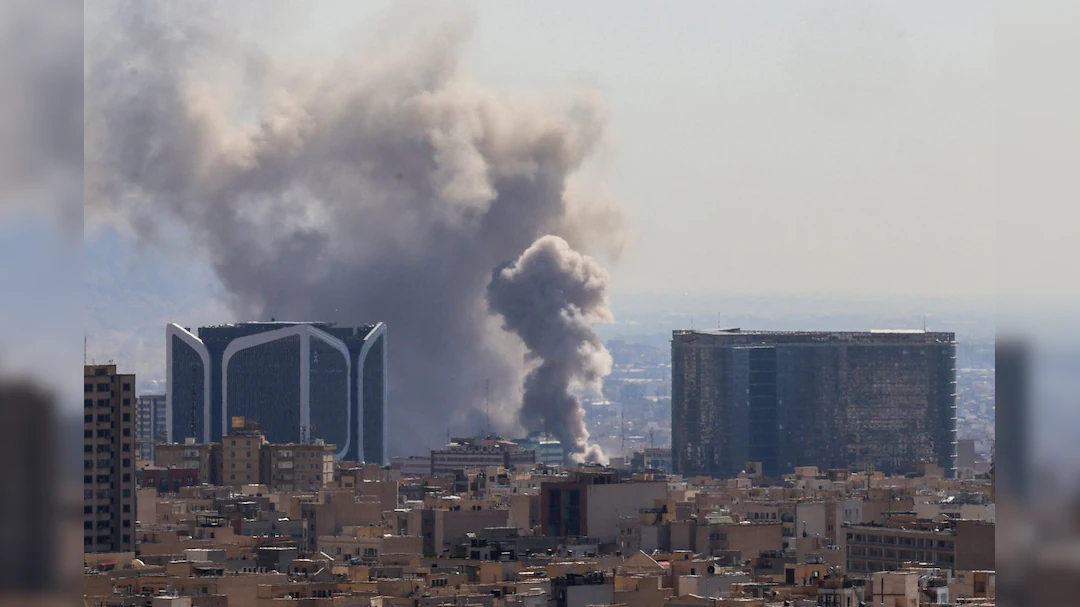By-PRITI
Kathmandu, Nepal – September 13, 2025
– In a groundbreaking moment for the Himalayan nation, Nepal has sworn in its first female prime minister, Sushila Karki, as interim leader following a week of violent anti-corruption protests that claimed over 50 lives and toppled the previous government. The 73-year-old former Supreme Court chief justice, renowned for her unblemished integrity, took the oath of office on Friday evening in a low-key ceremony at the presidential residence, marking a pivotal shift in Nepal’s fragile democracy.
Karki’s appointment comes after mass demonstrations, spearheaded by the country’s youth—dubbed the “Gen Z” movement—erupted into chaos, forcing Prime Minister K.P. Sharma Oli to resign. What began as a social media backlash against a government ban on platforms like WhatsApp, Instagram, and Facebook quickly snowballed into widespread fury over nepotism, corruption, and elite privilege. The “nepo kid” campaign, which exposed the extravagant lives of politicians’ offspring amid Nepal’s poverty, ignited the spark, but the unrest soon engulfed the capital in flames.
Eyewitness accounts paint a harrowing picture of the turmoil. On Tuesday, enraged crowds stormed the Singha Durbar palace—the sprawling complex housing parliament and government offices—setting it ablaze in a blaze of orange and black smoke that blanketed Kathmandu’s skyline. Riot police clashed fiercely with protesters, resulting in at least 19 deaths in a single day at a key protest site. “The streets were a war zone,” said BBC correspondent Samira Hussain, who reported from the barricaded avenues lined with razor wire and patrolled by the Nepalese army. “Young people, many in their teens and twenties, were chanting for change, but the violence has left scars that will take years to heal.”
The protests, described by some as the worst unrest in decades, were triggered last week when the Oli administration imposed a sweeping ban on 26 social media sites, ostensibly to curb “misinformation.” Critics, however, saw it as a desperate bid to silence growing dissent. Although the ban was lifted on Monday night, the momentum was unstoppable. Demonstrators, waving flags and holding placards decrying “corrupt elites,” marched en masse, leading to the resignation of Oli and the dissolution of parliament late Friday. President Ram Chandra Poudel announced fresh general elections for March 5, 2026, offering a glimmer of hope for democratic renewal.
At the heart of this upheaval is Sushila Karki, a jurist whose career has been defined by battles against graft and cronyism. Born in 1952 into a family tied to the influential Koirala political dynasty of the Nepali Congress party, Karki rose from a promising lawyer to chief justice in 2016, crediting much of her success to her husband, Durga Subedi, a former party leader involved in Nepal’s pro-democracy movements. Her tenure on the bench was marked by bold decisions, including overturning politically motivated appointments to anti-corruption bodies and defending merit-based selections for key posts like police chief.
Yet, Karki’s path wasn’t without thorns. In 2017, she faced an impeachment motion from the ruling coalition after challenging their picks for high office—a move that nearly derailed her career but ultimately bolstered her reputation as a defender of judicial independence. “She has always stood for clean governance,” noted Anil Kumar Sinha, a former colleague on the Supreme Court. “In a system riddled with favoritism, Karki’s integrity makes her the perfect bridge to stability.”
The Gen Z protesters, a diverse coalition of students and young activists, played a crucial role in her selection. Through online surveys and meetings brokered by Army Chief General Ashok Raj Sigdel, they endorsed Karki as the interim leader, viewing her as a neutral figure capable of guiding the nation through crisis. “We believe in her because she’s clean and committed to real change,” said Prashamsa Subedi, a 23-year-old law student and organizer who met with Karki during the unrest. Elated supporters flooded social media with messages of joy, hailing the appointment as “the dawn of a new Nepal.”
Karki wasted no time demonstrating empathy. On Tuesday, amid the smoldering ruins, she visited the protest epicenter where 19 lives were lost, consoling families and meeting injured demonstrators in hospitals. “This is a compromise born of dialogue,” she told reporters, emphasizing her short-term role focused on elections. Her immediate priorities include forming a cabinet within days, restoring law and order with army patrols still enforcing curfews (temporarily lifted for essentials), and rebuilding damaged infrastructure like the charred parliament buildings.
Challenges abound for the interim government. Beyond physical reconstruction, Karki must prosecute those behind the violence, reassure a fearful populace that Nepal’s young democracy—forged after the 2008 abolition of the monarchy—won’t unravel, and address the deep-seated grievances fueling the Gen Z uprising. Economic woes in the impoverished nation, where remittances from migrant workers like those fleeing India amid the chaos sustain many families, add urgency. “Any instability here ripples across South Asia,” warned Indian officials, noting Nepal’s strategic border position and India’s hopes for swift stability.
Globally, the events have drawn sharp attention. India welcomed Karki’s government, expressing optimism for peace, while international observers praise the youth-led push for accountability as a model for digital activism. As army units maintain a heavy presence on Kathmandu’s streets, the air buzzes with cautious hope. For a nation long plagued by political turbulence, Karki’s rise symbolizes resilience and renewal—a woman breaking barriers in a male-dominated landscape, empowered by a generation demanding transparency.
As Nepal navigates this turbulent chapter, the world watches. Will Karki’s steady hand steer the country toward fair elections and lasting reform? Only time will tell, but for now, her swearing-in stands as a beacon of progress amid the ashes of unrest.
Discover more from AMERICA NEWS WORLD
Subscribe to get the latest posts sent to your email.




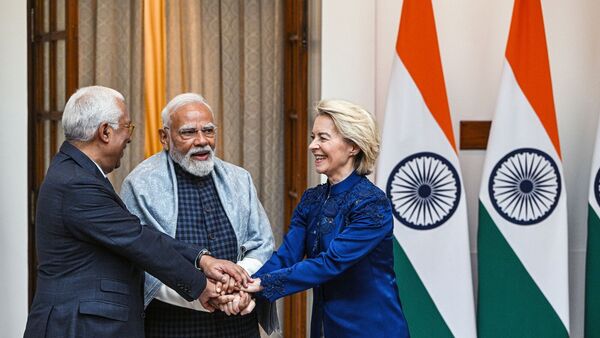

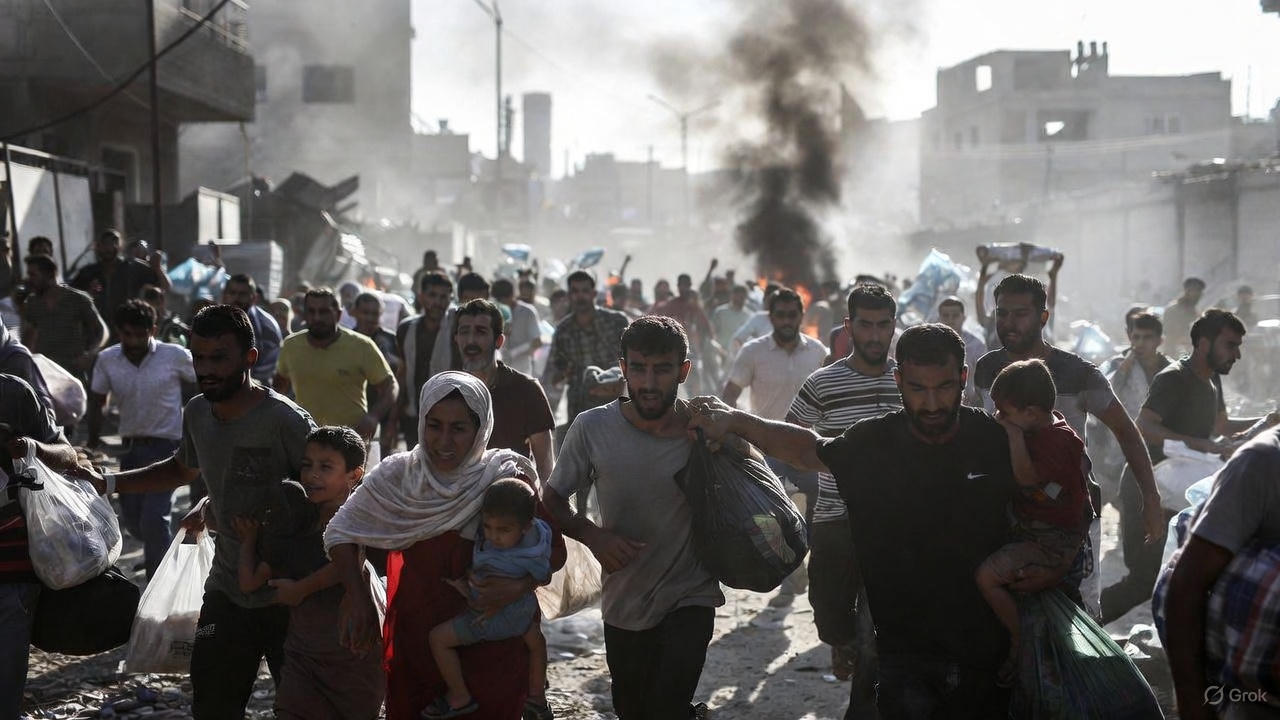

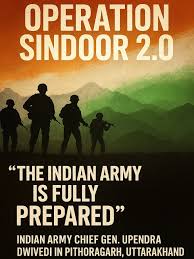
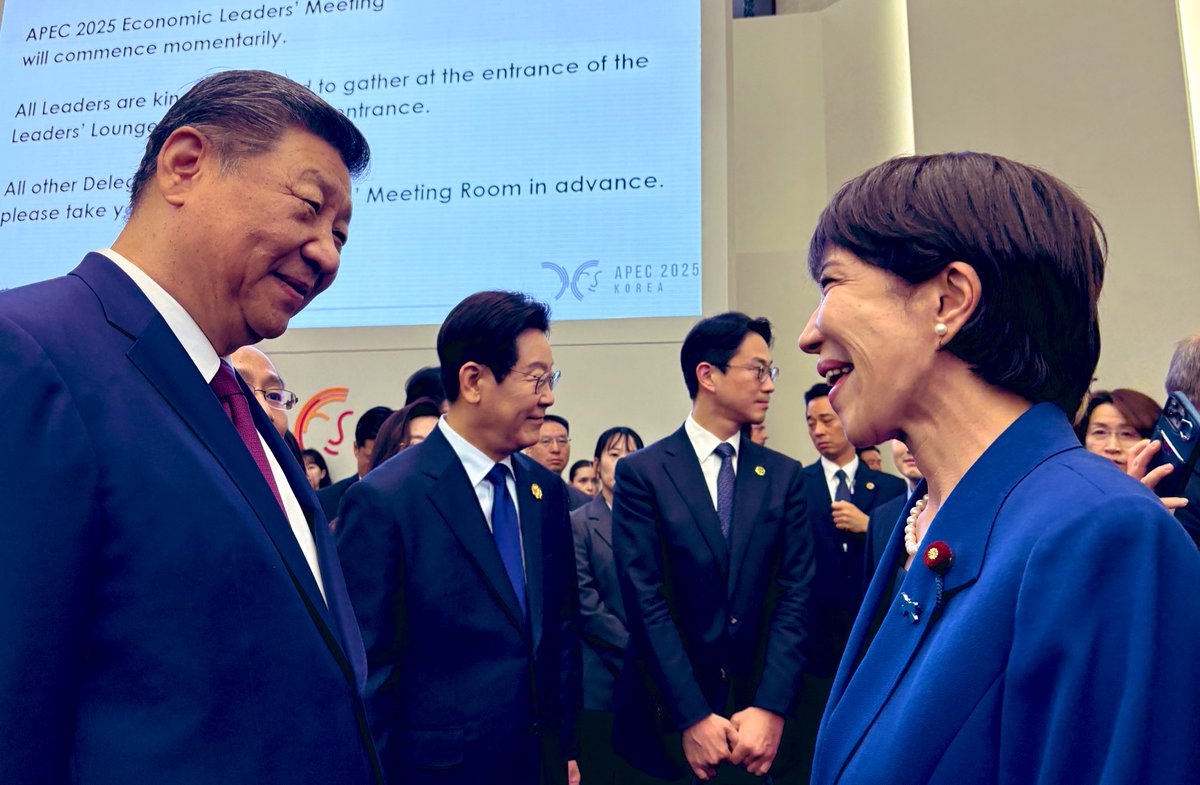
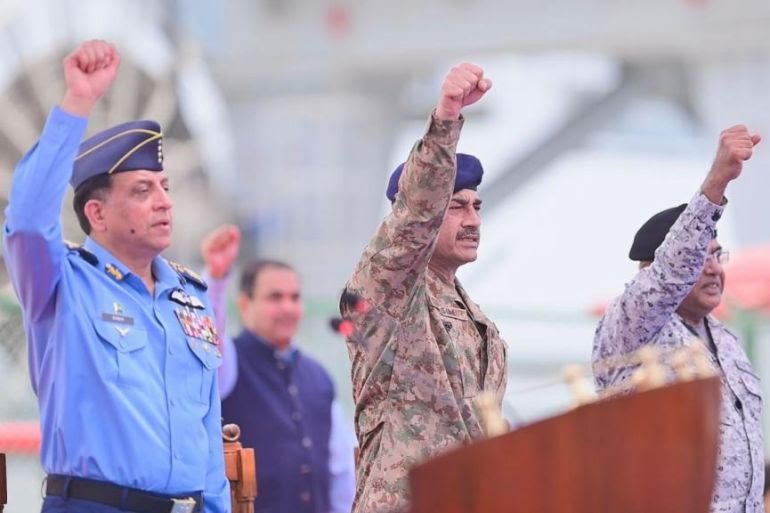
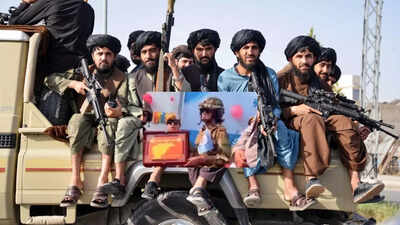
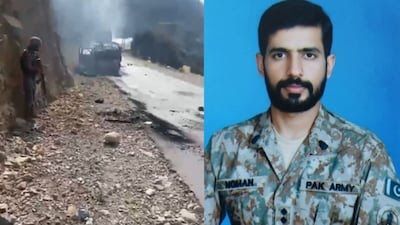
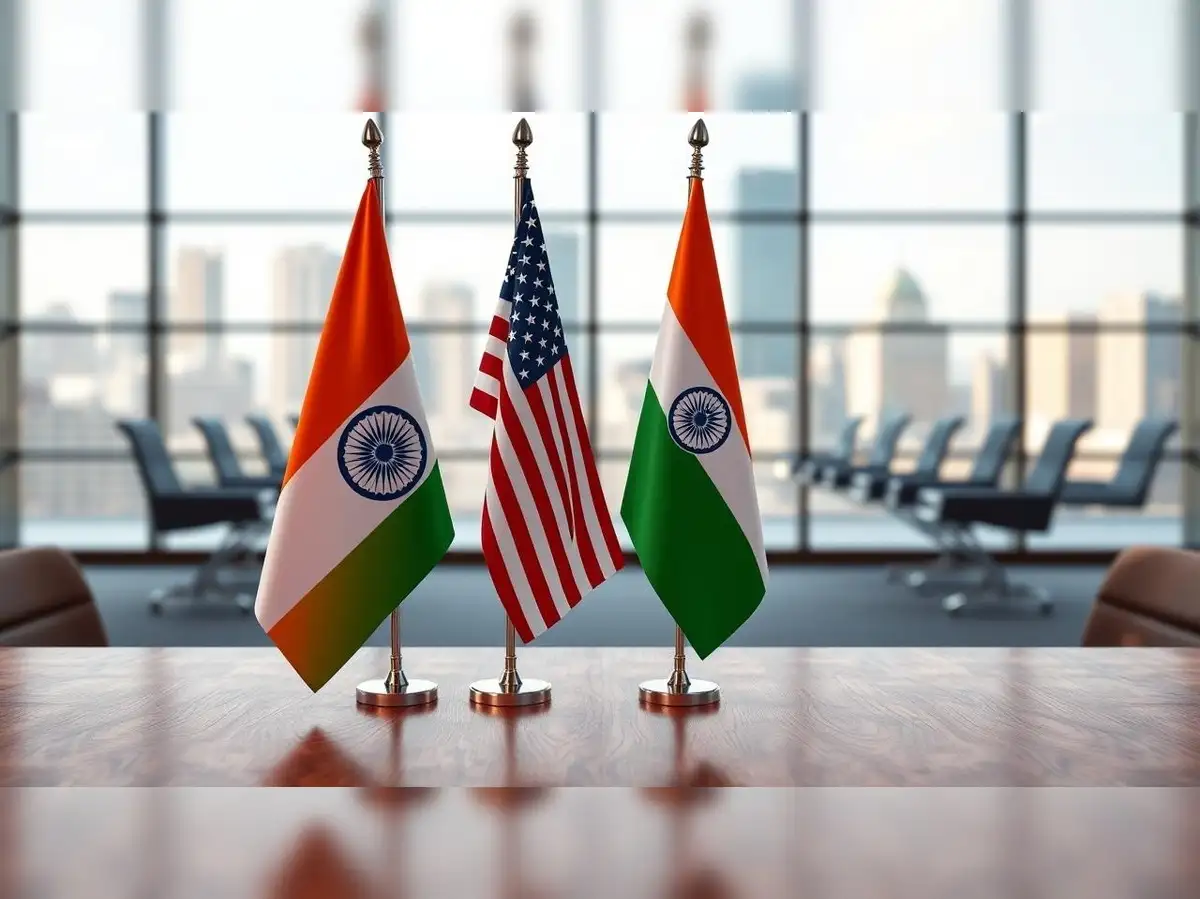
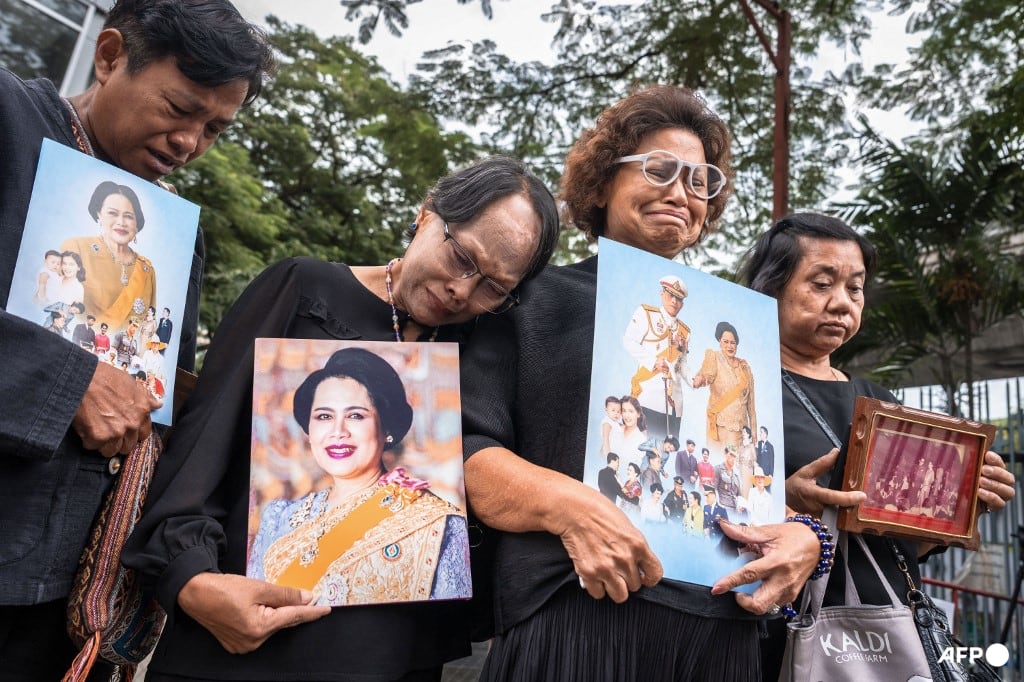
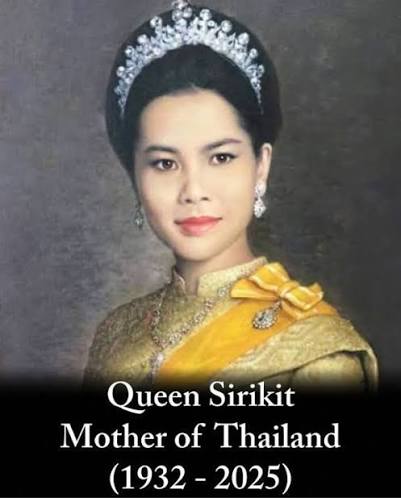
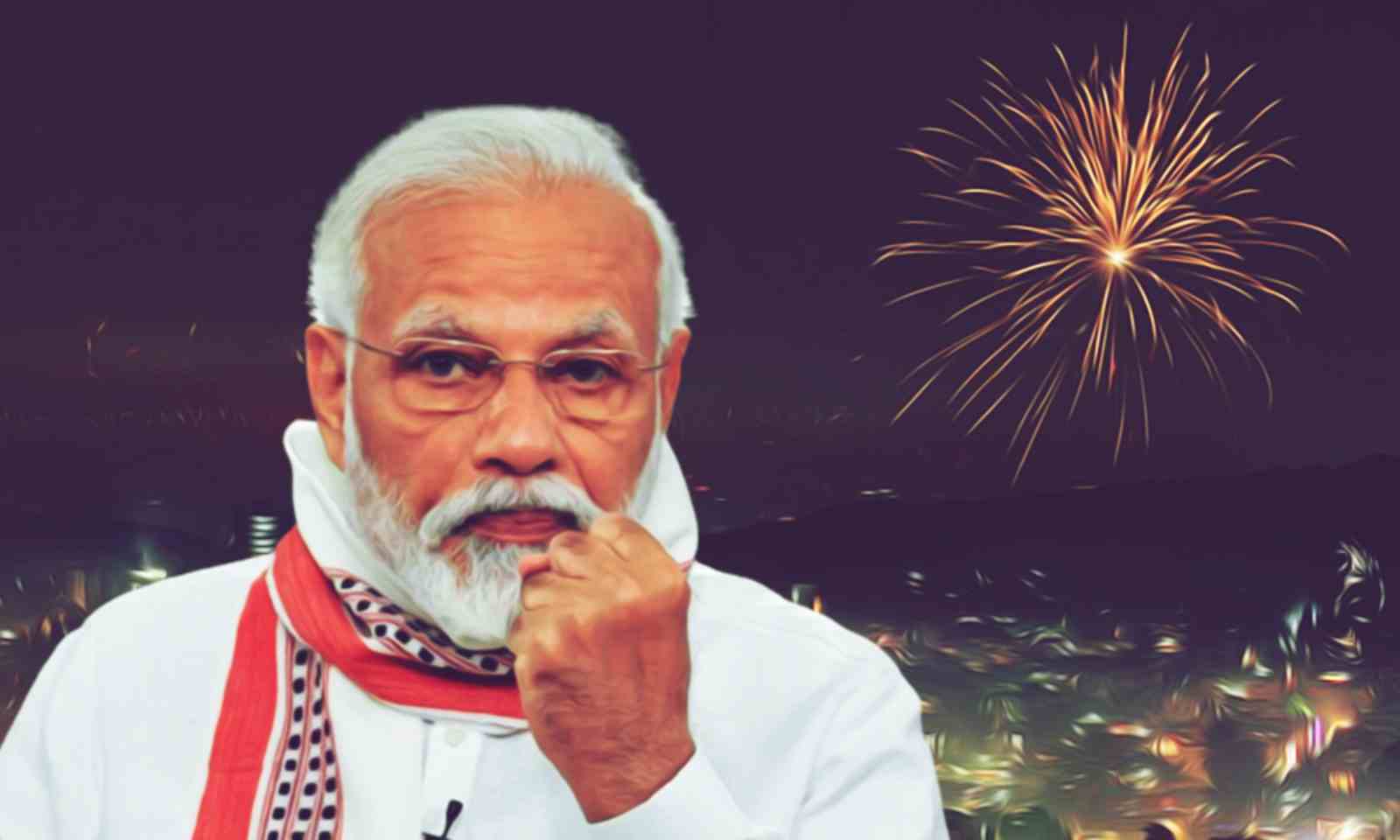
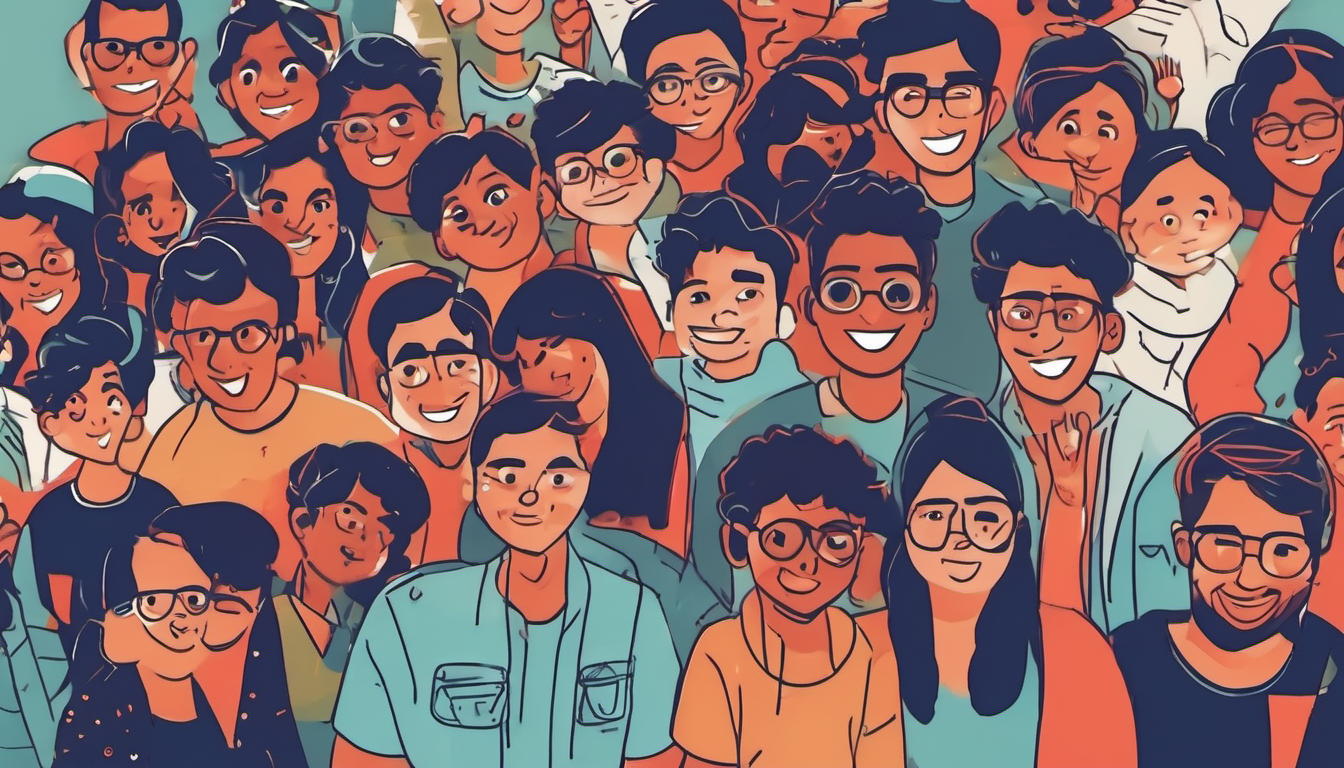
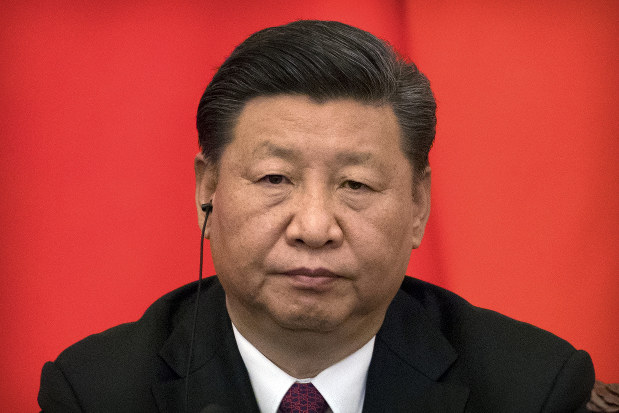
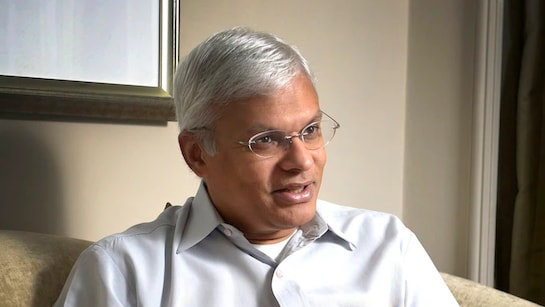
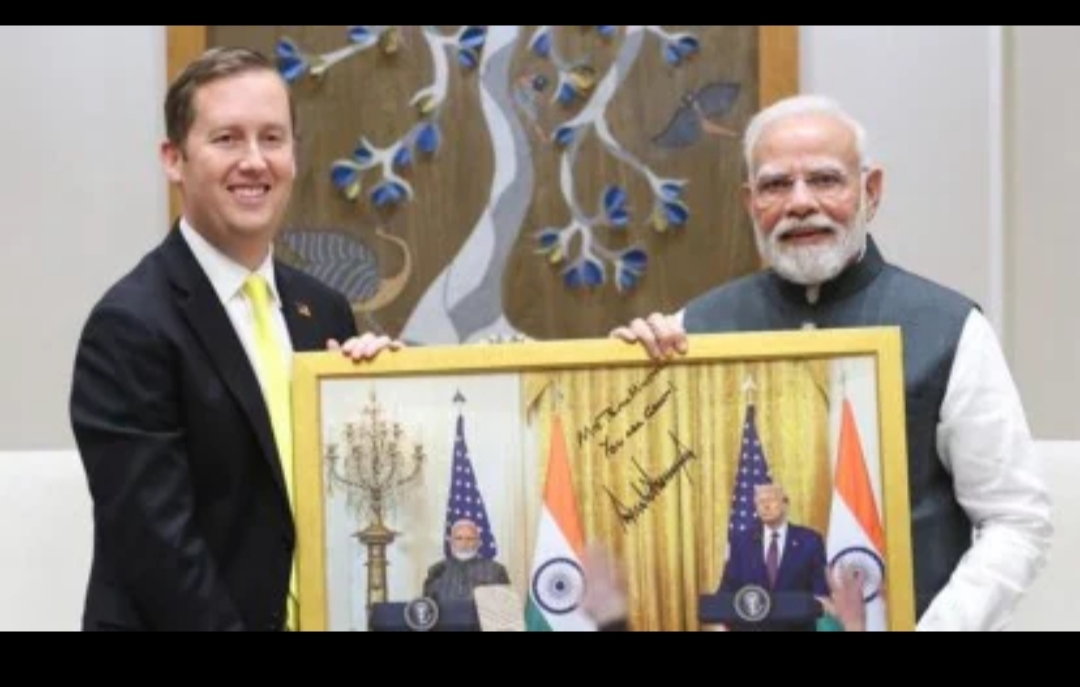
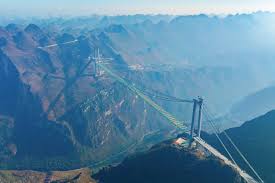
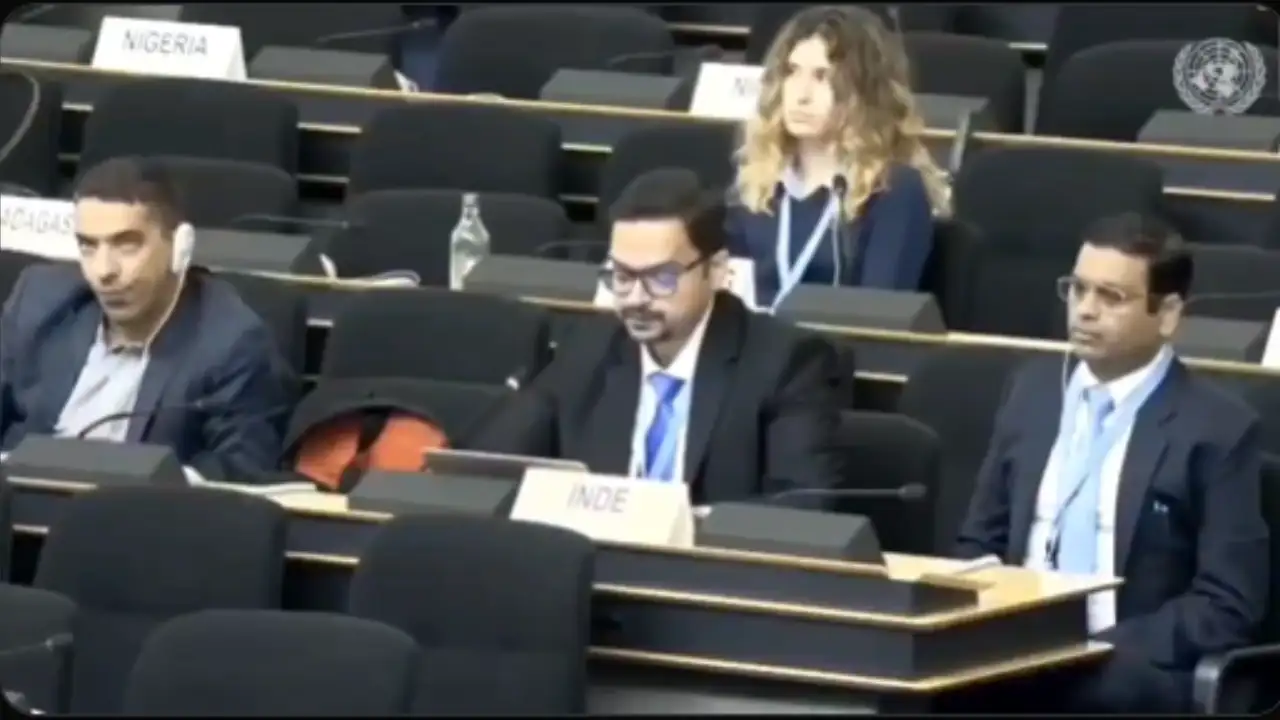
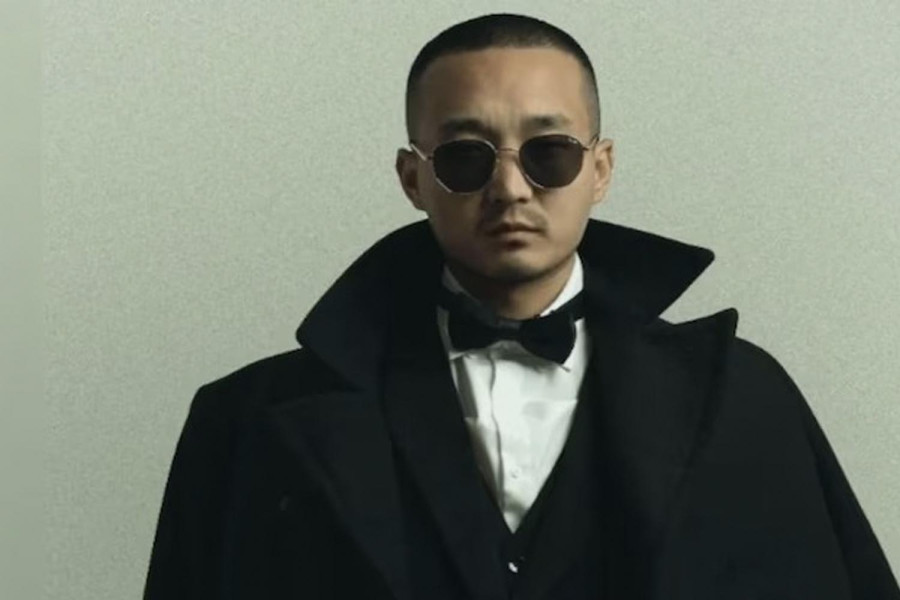
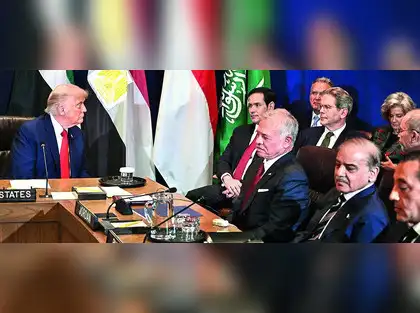





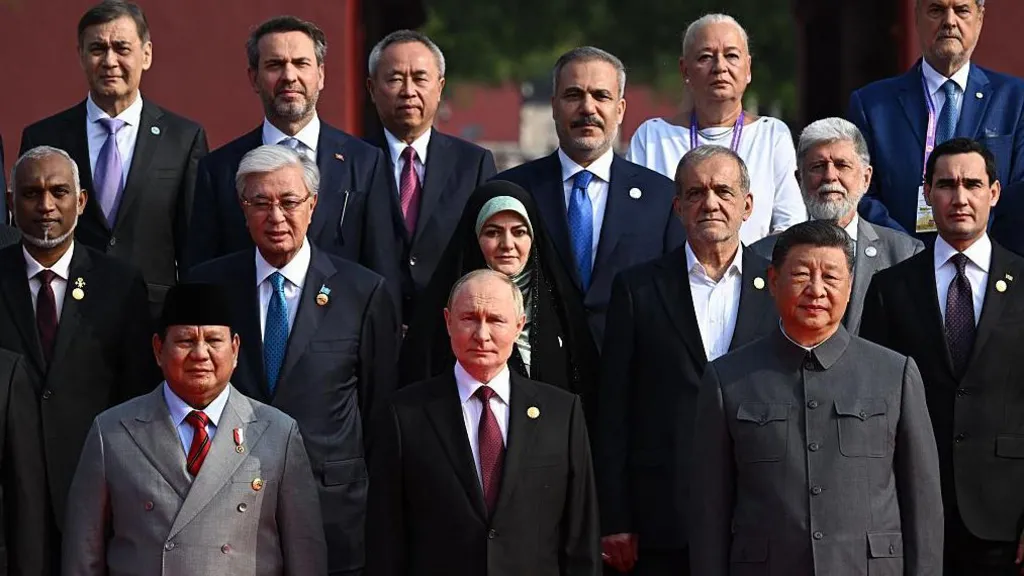

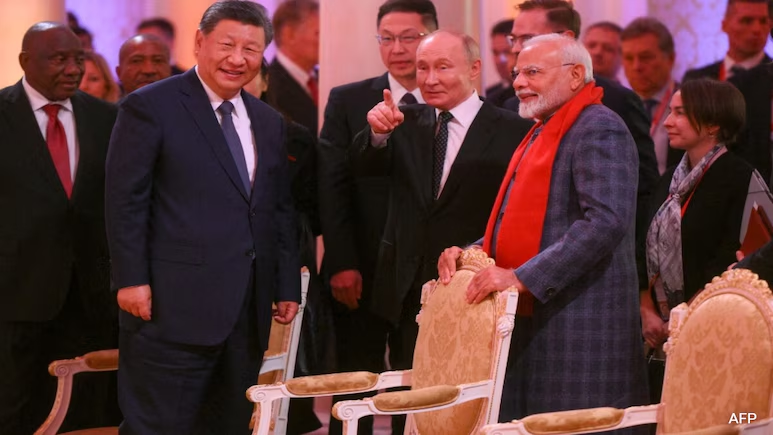


![Reliance Industries, led by Chairman Mukesh Ambani, has exported products made from Russian crude oil to countries that have sanctioned Russia, including the US [File: Ajit Solanki/AP Photo]](https://america112.com/wp-content/uploads/2025/08/AP24010199793503-1755298275.webp)


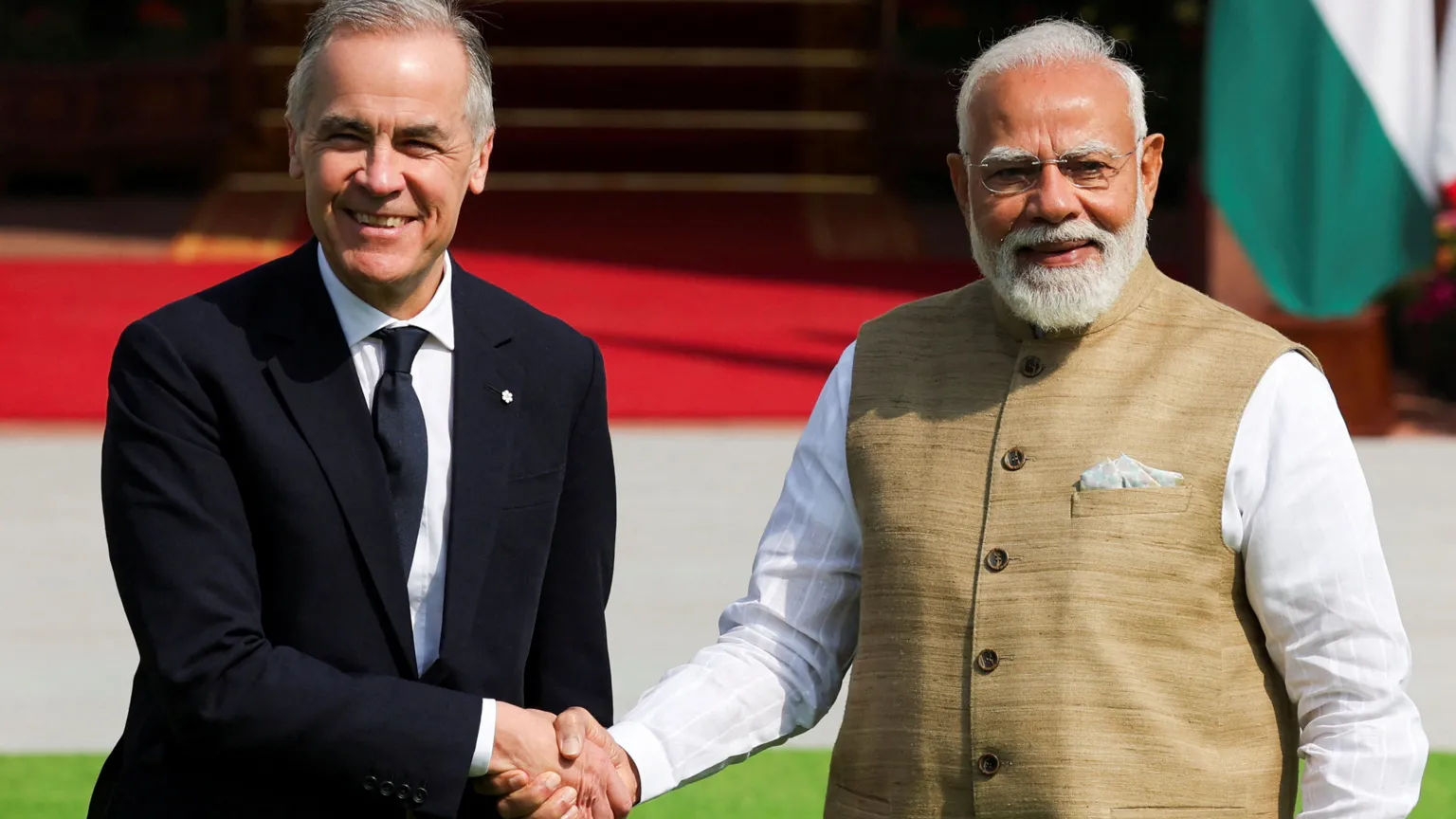
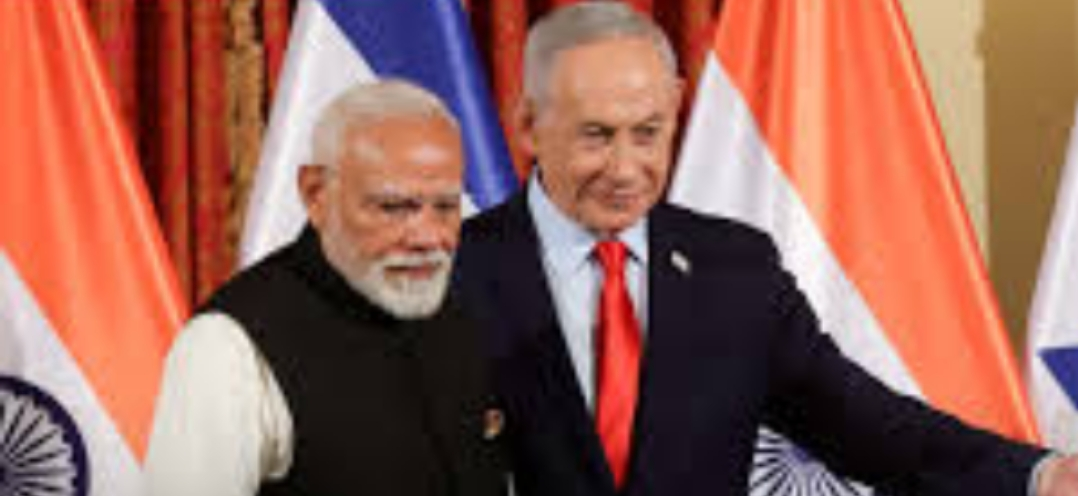
![Smoke rises after Israeli strikes in Beirut's southern suburbs, on March 2 [Mohamad Azakir/Reuters]](https://america112.com/wp-content/uploads/2026/03/hgh.webp)
